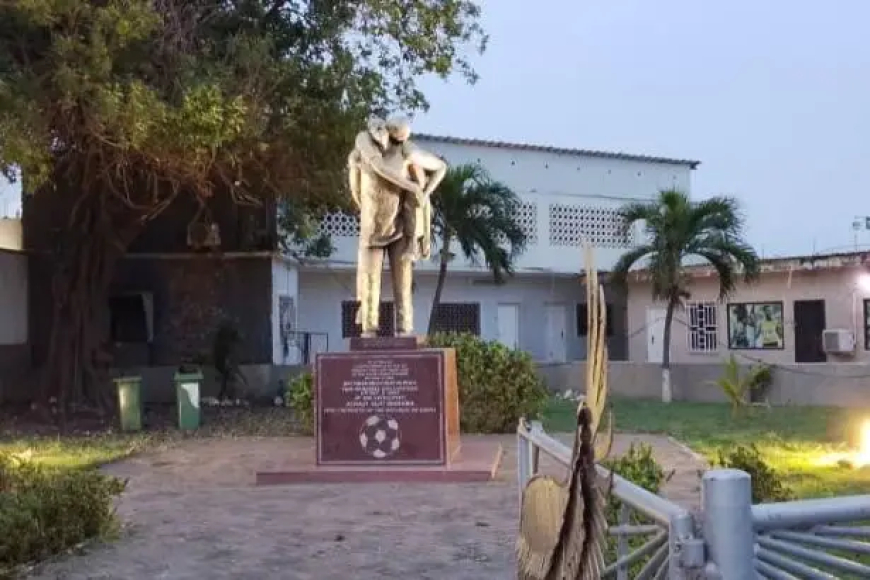May 9th Accra Stadium Disaster: 24 Years On, Ghana Still Remembers
As Ghana marks the 24th anniversary of the tragic Accra Sports Stadium disaster, families, football lovers, and the nation at large continue to reflect on one of the darkest days in the country’s sporting history. The event remains a solemn reminder of the importance of crowd safety and responsible event management.

May 9, 2001 — a date that evokes sorrow, pain, and reflection in Ghana’s sports history. On this day, 127 football fans lost their lives in what is still considered the worst stadium disaster in African history.
The tragedy occurred during a highly anticipated Premier League match between Ghana’s two biggest football clubs — Accra Hearts of Oak and Asante Kotoko — at the Accra Sports Stadium. Tensions flared in the final moments of the match when Hearts scored late goals to take the lead. Angered by the officiating and outcome, a section of Kotoko supporters began throwing objects onto the pitch.
In response, police officers fired tear gas into the stands to control the crowd — a decision that led to panic, stampedes, and mass suffocation, as gates were reportedly locked and fans struggled to escape the chaos.
National Mourning and Reforms
The incident plunged the country into mourning. A national commission was formed to investigate the causes, and several recommendations were made, including improved stadium safety standards, training for crowd control, and regular safety drills for security personnel.
Each year on May 9th, the Ghana Football Association (GFA), families of the victims, and various football clubs hold memorial events to honor the lost souls. Wreaths are laid, prayers are said, and calls are renewed for never repeating such a tragedy.
In a statement today, the GFA said:
"May 9th is a day of solemn remembrance. We honor the memories of those we lost, and we continue to uphold the promise to make football in Ghana safer for all."
Legacy of the Fallen
The disaster left a deep mark on the hearts of families who lost loved ones — many of them young, vibrant fans who had only come to enjoy the beautiful game. For them, the wounds still linger.
Over the years, efforts to support these families have been inconsistent, with many calling for more structured compensation and continuous engagement by the authorities.
Looking Ahead
While Ghanaian football has grown significantly since 2001, the May 9 tragedy is a reminder of the critical need for safety, accountability, and compassion in managing public events.
As the nation marks 24 years since the tragedy, Ghanaians everywhere are reminded: “Never again should passion for sport turn into a national tragedy.”
What's Your Reaction?




















































































